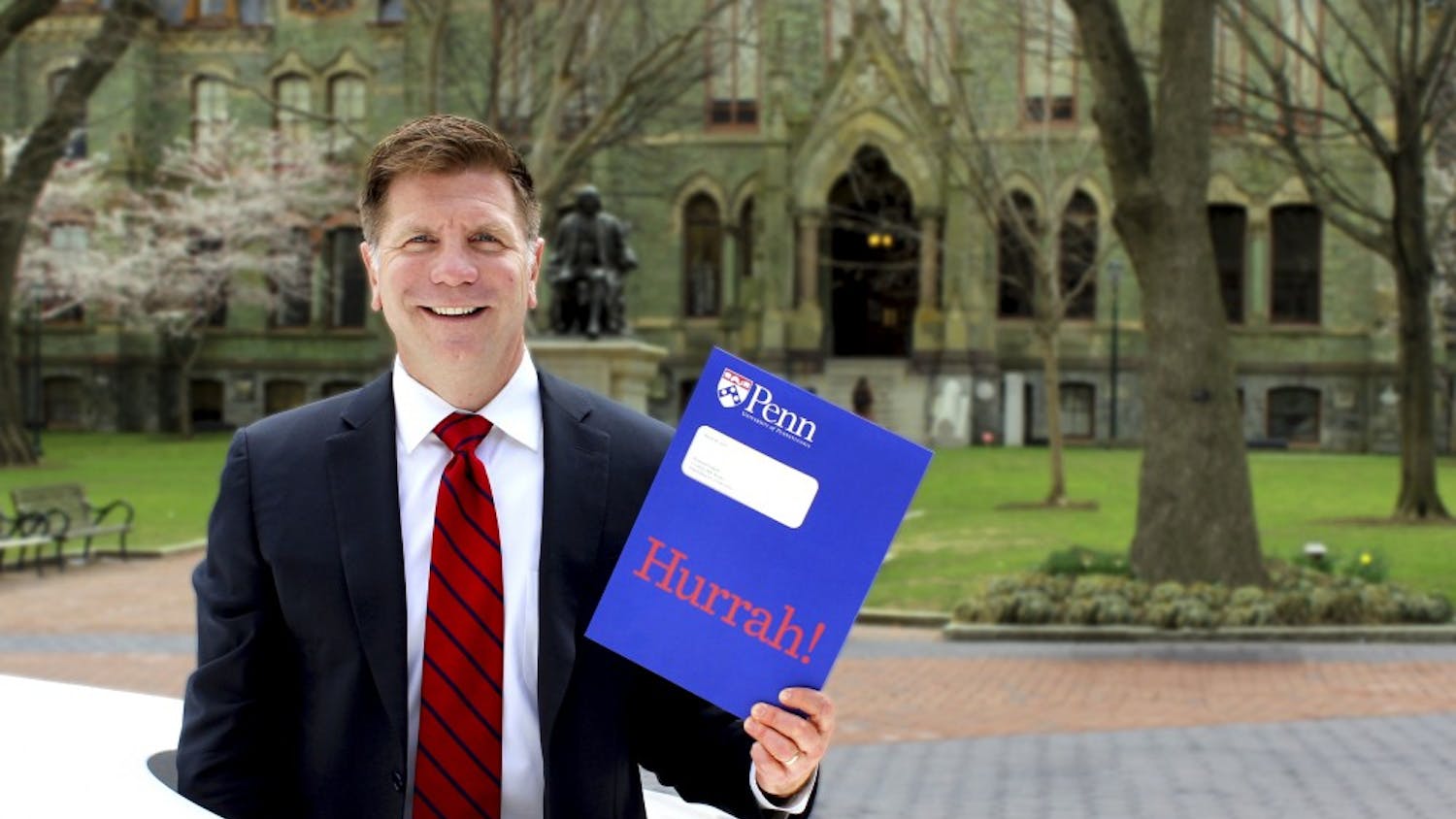As the process wraps up, prospective students reevaluate admissions at elite colleges
As the admissions process wraps up for high school seniors, and Penn's regular decision results set to be sent out March 28, prospective and admitted students of the Class of 2023 are coming to terms with their own experiences with wealth and privilege in the admissions process.



















